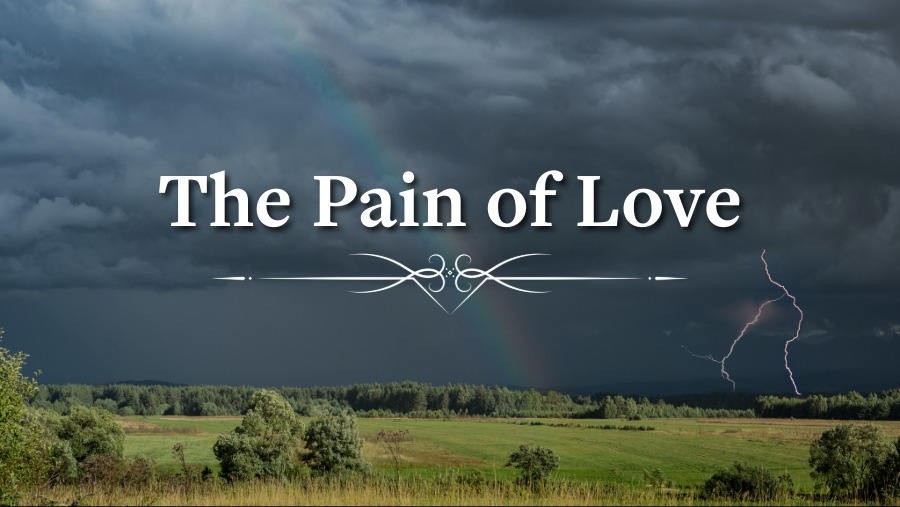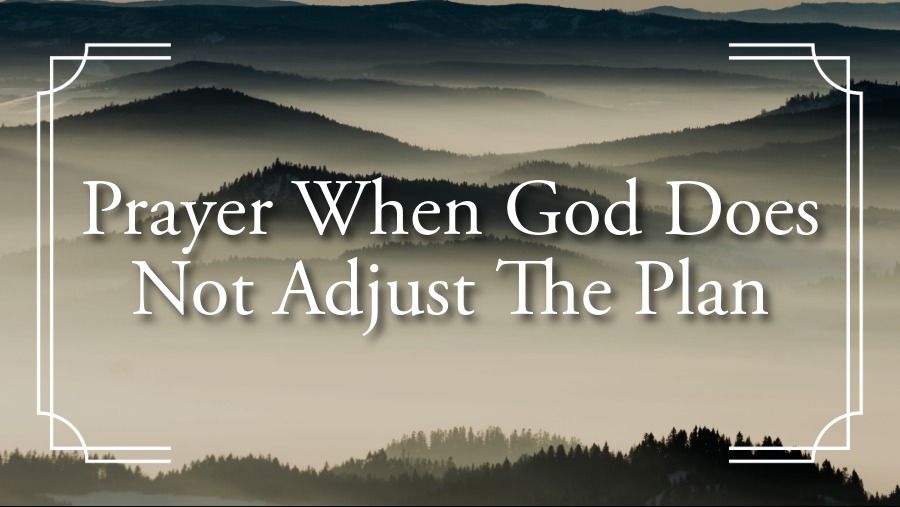
When Giving Becomes the Test of the Heart
The message opens with Pastor Ortiz’s candid admission: he does not enjoy preaching about giving. His hesitation, he explains, comes from witnessing the widespread abuse of the topic—pastors and ministries manipulating believers for money, accumulating wealth, and neglecting those in need. Yet, despite this discomfort, he emphasizes that the Bible speaks more about giving than almost any other subject. Jesus Himself connected giving directly to the heart, saying, “Where your treasure is, there will your heart be also.” For that reason, he concludes, preaching on giving is not about finances—it is about faith, discipleship, and the heart’s relationship with God.
The Scene: The Rich Young Ruler (Mark 10:17–22)
The sermon centers on Jesus’ encounter with the rich young ruler. This man approached Christ with zeal, running to meet Him and kneeling before Him—an act of reverence unusual for a man of his wealth and stature. Addressing Jesus as “Good Master,” he asked, “What shall I do that I may inherit eternal life?”
Jesus’ response immediately revealed the heart issue: “Why callest thou me good? There is none good but one, that is God.” Christ’s words were not a denial of His divinity but a challenge to the ruler’s understanding. If he truly recognized Jesus as “good,” he must also acknowledge Him as God. Jesus then recited several commandments—do not kill, steal, or commit adultery; honor your parents. The ruler proudly replied, “All these have I observed from my youth.”
Jesus’ reply pierced deeper: “One thing thou lackest. Go thy way, sell whatsoever thou hast, and give to the poor, and thou shalt have treasure in heaven; and come, take up the cross, and follow me.” The ruler went away grieved, for he had great possessions.
Pastor Ortiz explains that this moment exposes how giving tests the heart. The ruler’s obedience to rules was flawless, but his affection was misplaced. He had outward morality without inward surrender. The call to give all was not about money—it was a test of love, faith, and where he placed his security.
Why Giving Is Hard to Preach—and to Practice
Pastor Ortiz confesses that he fears messages on giving can hurt faithful givers and fall on deaf ears for those unwilling to obey. Faithful believers often feel convicted to give even more, while those unwilling to give ignore the message entirely. Yet, the pastor insists that giving is the natural outflow of a heart transformed by God’s love.
“For God so loved the world, that He gave.”
Giving, he explains, is the first visible indicator that God’s Spirit is alive in us. When love is present, generosity follows. A Christian who resists giving reveals not a money issue, but a heart issue.
The Biblical Context of Giving
The sermon traces the biblical pattern of giving from the Old to the New Testament:
- The Old Testament Tithe – The Obedience of Giving
In the Old Testament, tithing (10%) was established as an act of obedience. It was not designed to enrich the temple treasury or fund luxurious projects but to provide for those in need—the widows, the poor, and the Levites who ministered. In Malachi 3, God rebuked His people for robbing Him in “tithes and offerings.” The pastor clarifies that the robbery was not in withholding money from church coffers but in failing to obey God’s principle of caring for others through giving. - He laments how modern churches have drifted from that purpose, using tithes to build kingdoms rather than to meet needs within the body of Christ. “The tithe was meant to take care of the people,” he says, urging believers to return to a spirit of community giving—helping one another, meeting practical needs, and showing compassion.
- The New Testament – The Love of Giving
In contrast, the New Testament elevates giving from obedience to love. The widow’s two mites in Luke 21 illustrate this perfectly. She gave not from abundance but from her poverty—all she had—because her heart belonged to God. The pastor contrasts this with the rich men who gave large sums but felt no sacrifice. Her gift, though small, was greater in heaven’s eyes because it was born from love, not calculation. - Likewise, in 2 Corinthians 8, the Macedonian believers, though impoverished and afflicted, begged for the privilege to give. They did not give out of excess but out of faith, demonstrating that giving is not about capacity but willingness. Love gives even when it hurts.
What Giving Reveals About the Believer
Pastor Ortiz outlines three core truths about how giving shapes and exposes the Christian heart:
- Giving Deepens Faith
True giving requires stepping out in faith. It demands trust that God will provide even when the numbers don’t make sense. The act of releasing what we hold dear expands our dependence on God. The pastor insists, “If all you give is money, you’re cheap. God wants your life.” Giving is not limited to finances—it includes time, talent, service, and presence. The greatest generosity is a surrendered life. - He reminds the congregation that giving reveals who truly masters their heart. A person’s spending and time habits expose their priorities more clearly than their words. “We find time for what we want to do,” he says. “Your giving reveals your master.”
- Giving Tests Discipleship
Discipleship is not measured by what we keep, but by what we are willing to give up for God. Jesus’ command to the rich young ruler—“Sell all and follow me”—was not a demand for poverty but for purpose. The pastor explains, “When we are called to Christ, we aren’t called to lose joy; we are called to live with purpose.” - Many believers, he observes, serve in name only. They may write checks but refuse to serve, love, or sacrifice. Genuine discipleship requires surrendering not just possessions but control. He cautions against comfortable Christianity—a faith without risk or cost. “Your level of giving reveals your level of discipleship,” he says. “If you truly love God, you’ll find joy in giving what you cannot keep to gain what you cannot lose.”
- Giving Exposes Our View of Eternity
The rich young ruler’s refusal to give showed that his view of eternity was small. He traded eternal treasure for temporary wealth. Pastor Ortiz warns that many believers live the same way—holding tightly to what is fleeting while neglecting eternal investment. - He challenges the congregation to evaluate how real heaven feels in their daily choices: “If you cling to what you have because you fear not having enough, your view of eternity is too small.” When we give, we declare that eternity is real and God’s promises are trustworthy.
Faith Over Fear: Living by What We Believe
The pastor closes by returning to a theme of faith. He reminds the church that believers should live by faith, not fear. Giving—of time, money, or energy—is not a loss but an act of worship. He shares his personal conviction never to work on Sundays, not out of legalism, but out of love and devotion to God. “I don’t do it because I have to,” he explains. “I do it because I want to give this day to God.”
He then calls the congregation to generosity—not only in tithes but in compassion. With an ongoing government shutdown affecting some members’ livelihoods, he urges the church to step up and help one another. He stresses that the church’s purpose is not merely to host services but to be a spiritual and physical refuge for those in need.
Final Appeal: All for All
In closing, Pastor Ortiz pleads for the congregation to rediscover the blessing of giving—not as a duty but as an act of love and faith. He emphasizes that many believers have never experienced the joy of living by faith because they have never risked anything for God. “Some have given their money but not their life. Others have given their time but not their heart. But what God desires is all of you.”
Giving, he concludes, is the truest test of the heart because it reflects trust in God’s eternal provision. The sermon ends with a simple but powerful truth:
“His all for your all.”

.png)




















